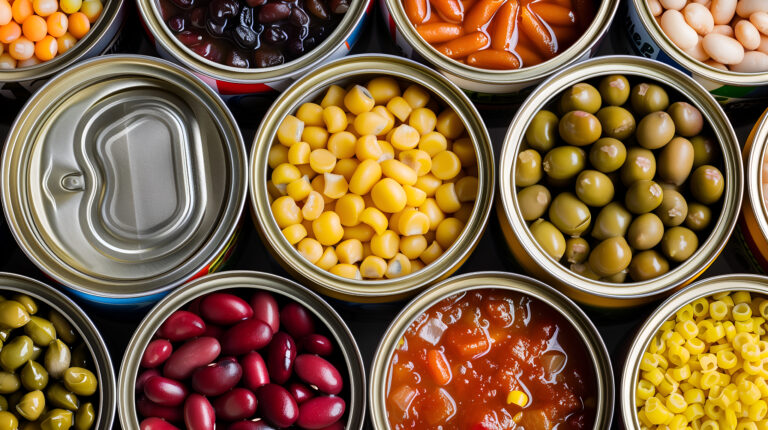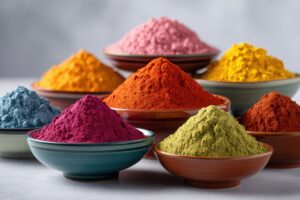When a consumer purchases a food at retail, they assume the item will be what they expect the product type to be based on what is written on the container. While that can be ascertained today by required label information (e.g., ingredient list, allergens, etc.), that hasn’t always been the case. In fact, it was only a year after the 1938 enactment of the Federal Food, Drug, and Cosmetic Act (FD&C) that FDA began establishing legally binding Standards of Identity (SOIs). The SOIs are essentially recipes that designate in detail what a food must contain and what is optional, in order to ensure that the characteristics, ingredients, and production processes of specific foods are consistent with what that item is expected to be.
At that time, however, the goal was to assure that manufacturers did not deceive consumers by providing lower levels of ingredients considered valuable at the time (including ingredients such as fat, saturated fat, and cholesterol). Today, with high amounts of those same ingredients proven to be unhealthy, consumers are seeking to limit their intake, and the industry is seeking to reduce their presence in food – a goal that is counter to the initial purpose of the SOIs.
Since 1939, FDA has established more than 250 SOIs – from milk to macaroni to canned vegetables, with the most recent new SOI, for white chocolate, officially established in October 2002. In July 2025, the agency proposed to revoke 52 of these – including macaroni and canned vegetables. This wasn’t the first time that FDA has amended or revoked SOIs, but it is the most extensive revocation and is unlikely to be the last. FDA is continuing to analyze the other existing SOIs to determine their usefulness, relevance, and value for consumers. Considerations being taken in the FDA analysis are that of maintaining the basic nature and essential characteristics of standardized foods while permitting flexibility with respect to their composition.
Included in the current actions are proposed rules to revoke standards for 18 types of dairy products (certain milk and cream products, cheeses and related cheese products and frozen desserts) and 23 types of food products (bakery products, macaroni and noodle products, canned fruit juices, fish and shellfish, and food dressings and flavorings), along with a final rule to revoke standards for 11 types of canned fruits and vegetables that are no longer sold in the U.S. In case there are significant comments opposing the final rule, FDA is also issuing a companion proposed rule for the canned foods.
However, FDA is unlikely to revoke all SOIs because some standards may still benefit consumers in some cases by continuing to ensure they meet any additional minimum requirements, to promote honesty and fair dealing, and to help prevent economic adulteration. A full list of the standards that have been affected by the agency’s recent food standard revocation rulemakings is available here.
TAG sees the revocations as a positive step for the industry that we expect to be welcomed by much of the food industry itself. With today’s food label requirements including a standardized ingredient list, allergen disclosure, Nutrition Facts Panel, etc., many of the SOIs have become outdated bearing little value for consumers or the food industry. SOIs can also be restrictive, as many prescribe a method of production or formulation, preventing innovation and the introduction of new technologies, safer or more efficient production techniques, and the application of other food science advances. The new flexibility may also better enable manufacturers to reduce saturated fat, sodium, and added sugars for which a current proposed rule would require Front-of-Package Labeling of the high, medium, or low amount of each in the product.
With 52 SOIs on the revocation list, it is likely that a majority of manufacturers will produce, or use as an ingredient, a food on the list. It also is likely that the SOI revocation means that there may be a more efficient or healthy “recipe” for the food – whether in its SOI-required ingredients or production process – that manufacturers should now consider. Keep in mind that the current administration who determined the SOIs to be revoked is the same administration focused on healthier food, so the foods for which SOIs are being revoked could very well be at the top of its list for attention.
All written content in TAG articles, newsletters and webpages is developed and written by TAG experts, not AI. We focus on the realities and the science to bring you the most current, exacting information possible.





